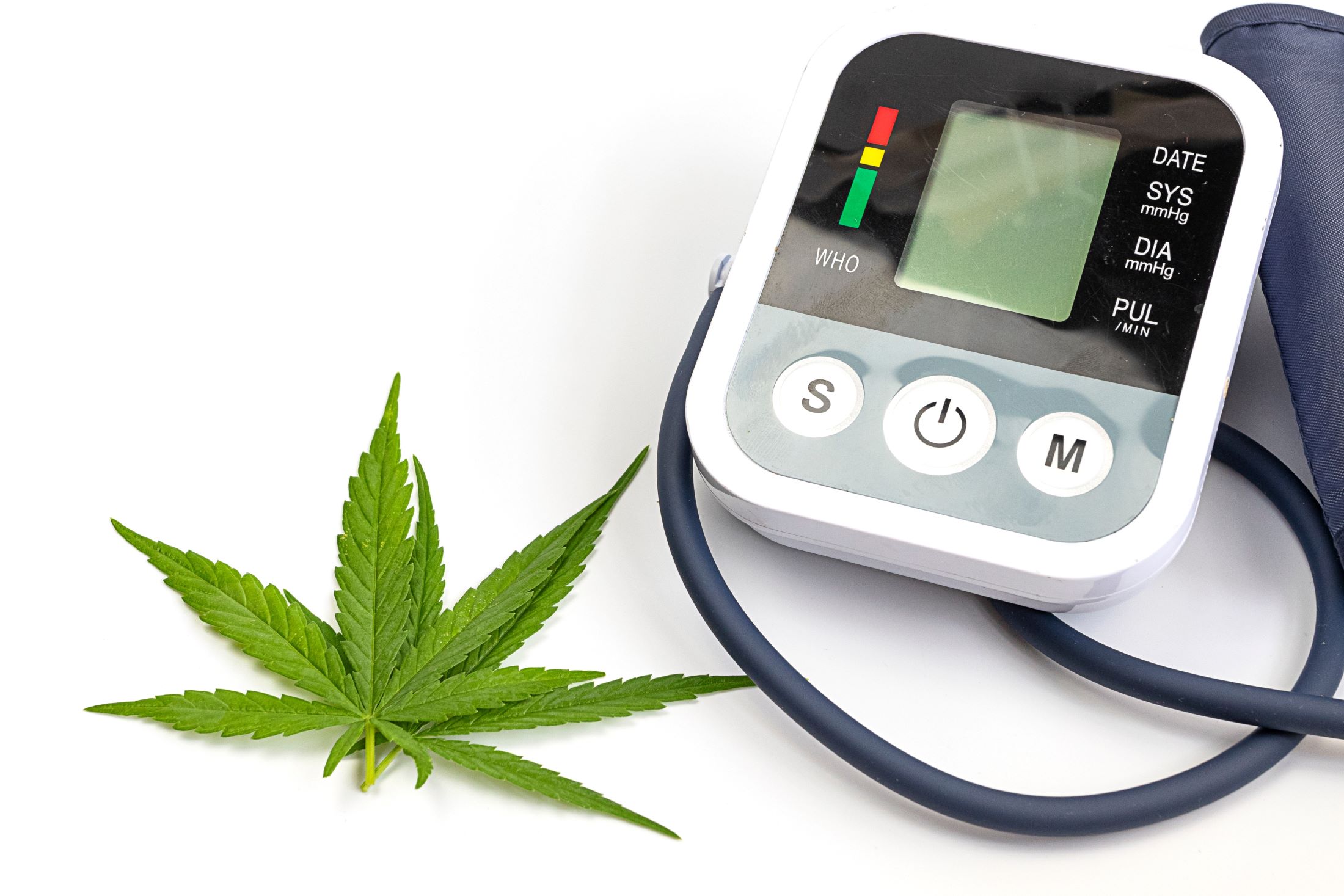Marijuana, also known as cannabis, has been a hot topic for years. One key area of interest is how it affects blood pressure. If you’re curious about this, you’re not alone. At CannaLeaf Health, we’ve been advising people on their medical marijuana usage for years. Let’s break down what we know about marijuana and blood pressure in a straightforward, easy-to-understand way.

Immediate Effects on Blood Pressure
When you consume marijuana, whether you smoke it, vape it, or eat it in edibles, it has a pretty quick impact on your heart and blood vessels. Right after using marijuana, you might notice your heart beating faster and your blood pressure rising. This initial jump in blood pressure is caused by THC (tetrahydrocannabinol), the compound in marijuana that gives you that “high.”
Short-Term Changes
After the initial spike, your blood pressure might drop fairly quickly. This happens because THC also causes your blood vessels to relax and widen, a process called vasodilation. This relaxation can lower your blood pressure for a while, which is why some people feel more relaxed and less anxious after using marijuana.
Long-Term Effects
When it comes to long-term use, things get a bit more complicated. Some research suggests that regularly using marijuana might help lower blood pressure over time, which could be good for people with high blood pressure. But not all studies agree. Some show that heavy, long-term use of marijuana could actually raise blood pressure and increase the risk of heart problems.
Everyone’s Different
It’s important to remember that marijuana affects everyone differently. Your age, genetics, overall health, and any medical conditions you have can all influence how marijuana affects your blood pressure. Younger people might feel stronger effects because of their faster metabolisms and different endocannabinoid system responses.
If you already have heart problems or high blood pressure, you need to be extra careful. The initial spike in blood pressure and heart rate from marijuana could be risky, especially if you have issues like irregular heartbeats or severe hypertension. Always talk to a doctor before adding marijuana to your routine if you have these kinds of health concerns.
What About CBD?
Not all parts of marijuana affect blood pressure the same way. CBD (cannabidiol) is another major compound in marijuana, but unlike THC, it doesn’t get you high. Interestingly, CBD might actually help manage blood pressure. Some studies show that CBD can reduce anxiety and stress, leading to lower blood pressure. Plus, its anti-inflammatory properties might be good for your heart overall.
Learn More from an Experienced Medical Cannabis Professional
The link between marijuana use and blood pressure is complex. There are both potential benefits and risks, depending on your personal situation, how often you use it, and which compounds you’re using. At CannaLeaf Health, we’re committed to providing clear, accurate information so you can make informed choices about your health. As new research comes out, it’s important to stay updated so you can use marijuana safely and effectively.
If you’re thinking about using marijuana and have existing health conditions, it’s best to do so with caution and under the guidance of a healthcare professional. Understanding how marijuana affects blood pressure can help you manage your health better and enjoy the benefits safely. Reach out to our team of medical cannabis experts to learn more about how cannabis usage affects blood pressure.

